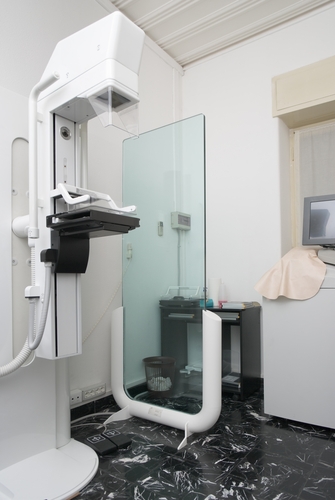The road to electronic health record interoperability has been a long one. It still does not seem as if the end is near. With the U.S. Centers for Medicare and Medicaid Services and the Office of the National Coordinator for Health Information Technology pushing for adoption of Stage 3 of the Meaningful Use program, they are not receiving the same enthusiasm from medical professionals.
MU adoption too rushed
In March of this year, the CMS introduced a proposed rule that would require nearly all health care providers to report on a full calendar-year cycle beginning in 2017. The organization will also call for hospitals to start with the electronic reporting of clinical quality measures by 2018. The CMS requested comments on the proposal by May 29, and it received nearly 400 – most of them negative – in return, Modern Healthcare explained.
The suggested criteria for Stage 3 comes at a time when many providers are still working to adopt Stage 2 of MU, which may leave people rushing to catch up. Those who are unable to meet the requirements would need to pay $500 million each in Medicare penalties between 2018 and 2020.
In a comment on the proposal, Catholic Health Initiatives wrote that they believed CMS was moving too fast with its implementation of MU and that health care providers may find it difficult to keep pace, according to Modern Healthcare.
In a letter to the ONC, the American Medical Association expressed several concerns over the proposed rule, particularly concerning the security and safety of patient information. The hurried timeline has not left much room for troubleshooting, which leaves EHR software open to data breaches. From 2010 to 2013, approximately 1,000 cyberattacks affected nearly 29 million patients, the AMA claimed. Two-thirds of those involved electronic data. The lack of consistency in EHR use also puts people at risk, as new health IT takes time to implement.
Patient engagement, safety remain issues
More time may be needed for providers to work out their problems with Stage 2 of the MU program, considering many hospitals and physicians' offices have different procedures and technology in place. Interoperability still remains an issue for health care and EHR software providers. The Stage 3 proposal requires more patient information to be moved into medical software, but the process is futile with the lack of interoperability between programs, the AMA explained in the letter. Uploading more information into existing software will not solve the problems. However, a certification program that focuses on the issues standing in the way of interoperability might. When all EHR software shares the same goals, such as standardized vocabularies, privacy and security, they will be able to communicate better.
Hospitals in rural areas may also struggle to meet Stage 3 criteria when they are already barely managing to satisfy Stage 2, Modern Healthcare reported. The patient portal requirement has set back some health care providers in those areas, as they cannot always convince people to sign up and actively participate in the program. The National Rural Health Association claimed that there are other challenges that are specific to rural environments that may make Stage 3 criteria harder to meet.
While MU's Stage 3 will help move the CMS and the ONC's goals forward to improve communications between all health care providers, its implementation is moving at a pace that makes the criteria difficult to achieve. If medical professionals had more time to ensure they met previous stages' requirements before the next one is introduced, they may find a way to make interoperability a realistic idea.
Contact Viztek for more information.
Ronny Bachrach
Latest posts by Ronny Bachrach (see all)
- Konica Minolta Debuts First-of-Its-Kind Digital U-Arm System at AHRA - July 27, 2016
- Researchers Detect Signs Of Stroke Risk Using MRI - June 27, 2016
- Imaging Biz: Q&A with David S. Channin MD: How to Make PACS Patient Centered - June 22, 2016










